Aging is a natural and unavoidable part of the life cycle. Even though our friends have a decreased energy, their white hair and even their innocent looks affect us deeply, the important thing is that we meet their needs in the most correct way and increase their comfort in life. For this reason, it is necessary to know the needs of dogs in old age and their care should be carried out in line with the needs specific to this period.
Aging in Dogs
Although there are breed differences, dogs begin to take place in the elderly classification when they reach the age of 10. Although there is no significant difference in their physical appearance and there is no noticeable decrease in their energy, our dear friends have left their adulthood behind and have stepped into the new process that awaits them.
Older dogs begin to move less than they did earlier in their lives. Their hearing and vision abilities are not as good as they used to be.
Their teeth have lost its former strength for that reason chewing needs have begun to change. Senior dog’s immune systems are weakened and their susceptibility to certain diseases has also increased. However, they can be quite comfortable, happy and even healthy in their old age.
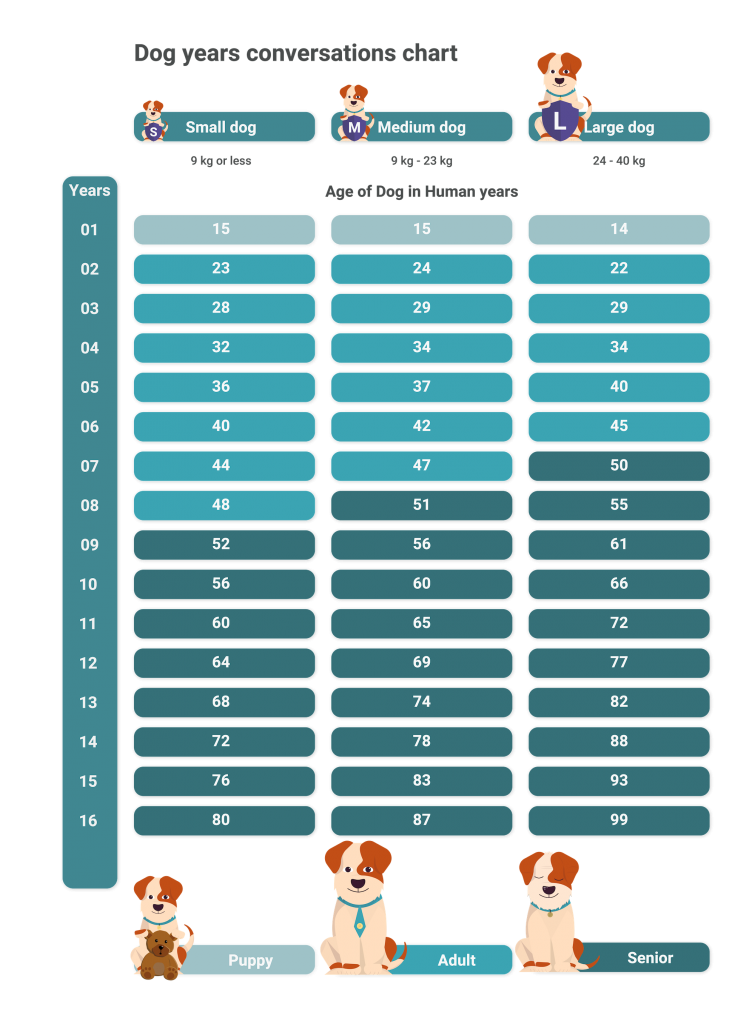
Common behavior changes in older pets that may be signs of cognitive dysfunction.
Possible behavior changes in senior pets
- Increased reaction to sounds
- Confusion
- Disorientation
- Decreased interaction w/humans
- Increased irritability
- Increased vocalization
- Decreased response to commands
- Increased aggressive/protective behavior
- Increased anxiety
- House soiling
- Decreased self-hygiene/grooming
- Repetitive activity
- Increased wandering
- Change in sleep cycles
Facts that you should know about your senior dog
1- Diet is important in senior dogs
A balanced diet plays an important role in maintaining good health in senior dogs, as in puppies and adults. As they get older, their energy decreases and they move less than they used to, so they need to consume elderly dog food specially formulated for older dogs. In addition to being more easily digestible, elderly pets require different calorie levels, ingredients, and anti-aging nutrients.
2. Older Dogs Need Exercise, Too
Regular exercise is one of the most important requirements for weight control and overall health of older dogs. But exercise expectations must also be modified. If the dogs have chronic diseases while creating a daily exercise program, it is better to consult your veterinarian.
3. Regular Semi-Annual Veterinarian Examinations
It is recommended that geriatric pets have semi-annual veterinary visits rather than annual visits, as early detection and treatment can be done. During these visits, information about general health conditions can be obtained and diseases can be diagnosed and treated at an early stage. Veterinary exams for older pets are similar to those for younger pets, but are more comprehensive and may include dental care, possible bloodtest, and specific checks for disease signs more likely to occur in older pets.
Keep in mind if your pet is not neutered. Non-neutered/non-spayed geriatric pets are at higher risk of testicular, mammary and prostate cancers.
4. Dental Health is important
Pets need oral and dental care at every stage of their lives. If dental care is interrupted in the early period, tooth loss in old age may become inevitable and this may cause our friends to encounter digestive and even other health problems. For senior dogs, it is recommended to continue brushing the teeth regularly, to treat if there are dental problems, and to have their teeth cleaned once a year. Thus, it will be easier to protect dental health.
Learn more about Dental Hygiene with the next article
5- Don’t Skip preventive care
Your dog’s age is not a determining factor when it comes to parasites. Dogs of all ages may need internal and external parasite medications. Because older pets do not have as healthy immune systems as younger animals, they may not be able to fight off illnesses or heal as fast. Talk to your veterinarian about a vaccination program for your geriatric pet.
Book a free video consultation now!
6- Cleaning and brushing your pet is very important
Especially after elimination. As dogs age, their hair and skin also begin to change. Their hair loose their shine and may become more fragile. Brushing sessions should be continued at the usual frequency in order to accelerate the blood circulation in their skin and to clean the shed hair. In order to avoid skin problems, they should be washed with dog shampoos and should be examined by veterinarians in case of any skin problems.
7- Make Changes to Increase their Comfort
Senior pets may need changes in their lifestyle, such as sleeping areas that do not involve stairs, more time inside, etc.
For this reason, it should be ensured that they have areas where they can sleep and spend time as comfortably as possible and that will not hurt their bodies. Older dogs may experience arthritis (joint problems), so it should be taken into account that going up and down stairs will cause discomfort. Dog ramps can offer a practical solution for friends who cannot use the stairs and are too heavy to carry.
Another issue that should be considered in order to increase their comfort is that they have easy access to food and water containers. If their eyesight is reduced, items that may cause minor accidents should be removed while walking around the house.
8- Make Time for Him
Spending time with older dogs can be distressing in some cases. Of course, it is not easy for people who share their lives with dogs to see that their old energy is gone, to witness that they do not want to play as much as they used to. However, as much time as possible should be spent with them. The most effective way to increase the memories shared together and reduce the anxiety they may experience when they are away from their owners is to spend time with them.
Even if they cannot see or even hear their owners, feeling their presence and attention will make our loyal friends happy 🙂
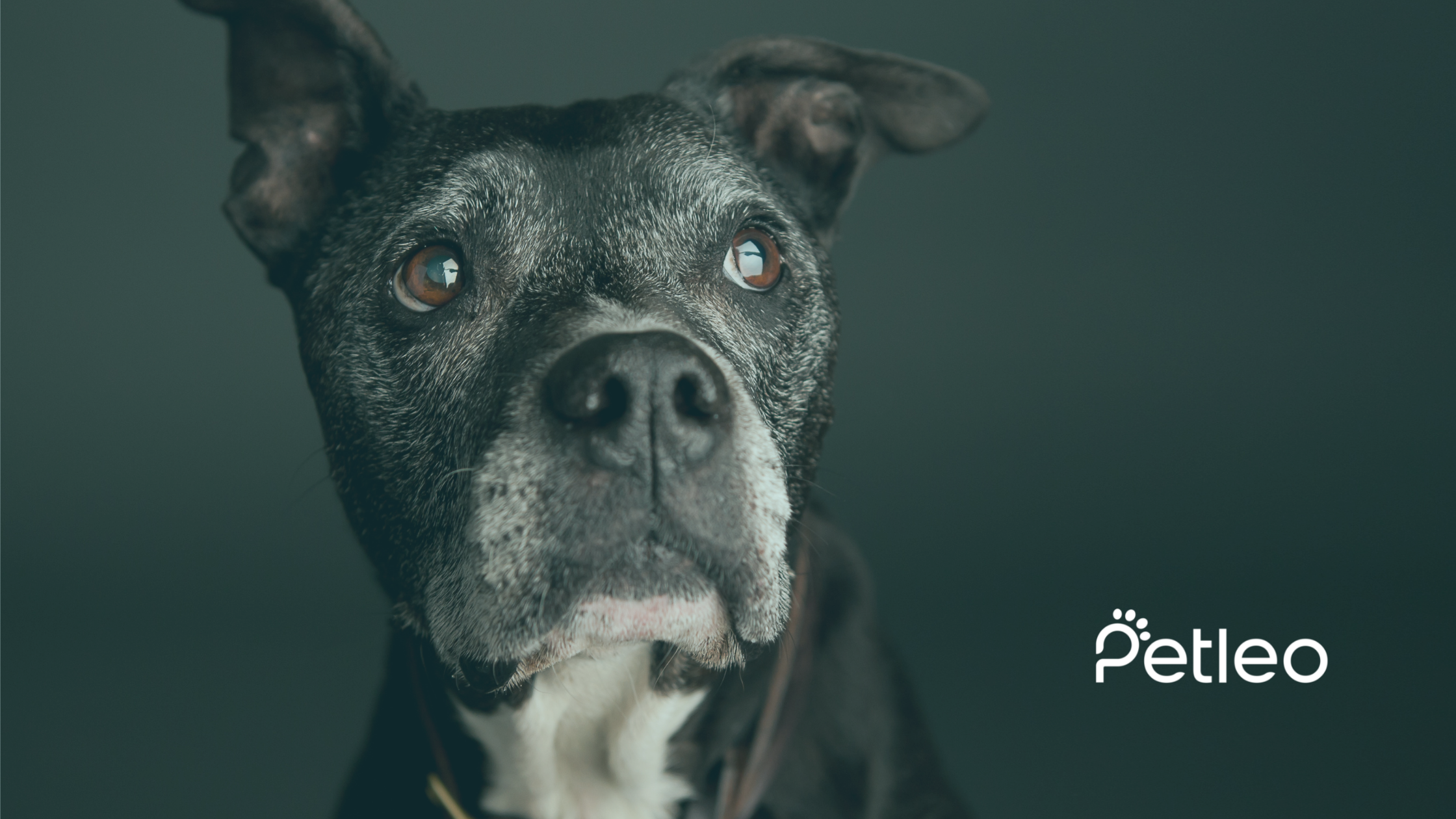
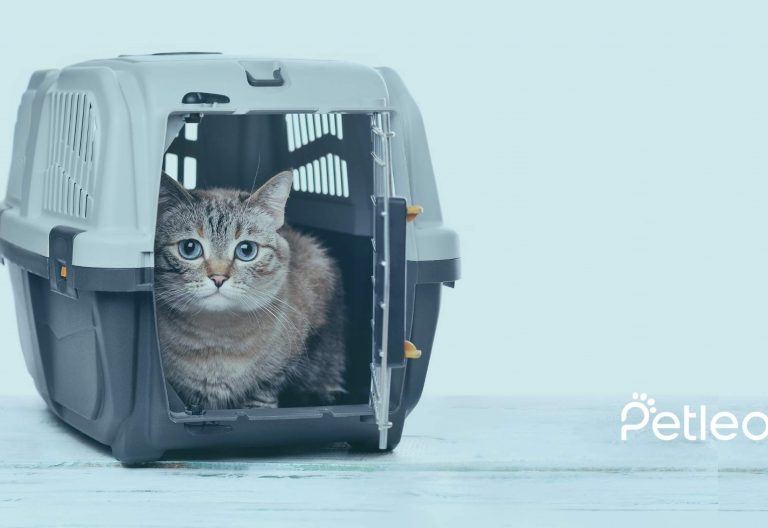
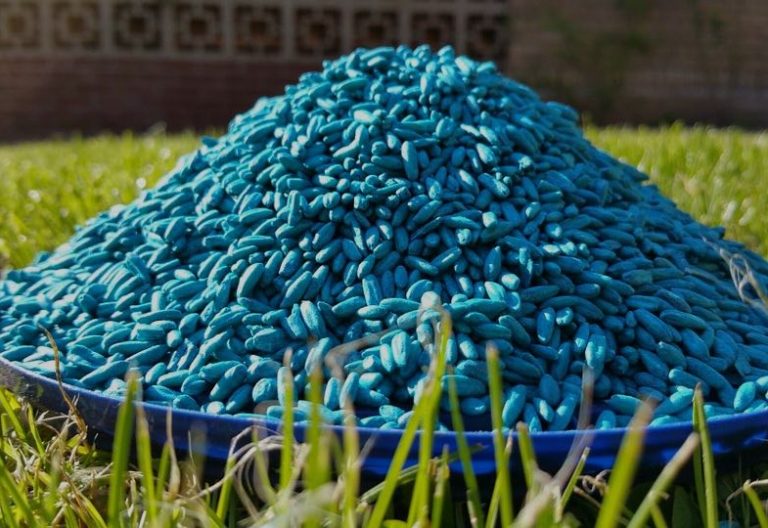
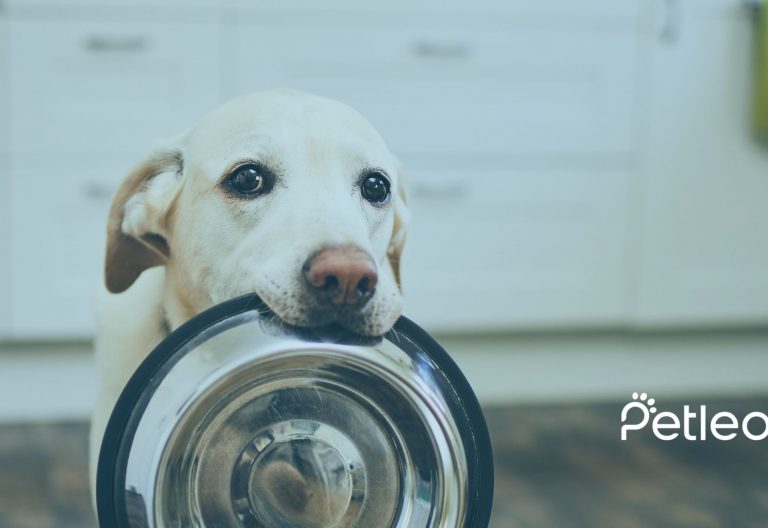
Leave a Reply